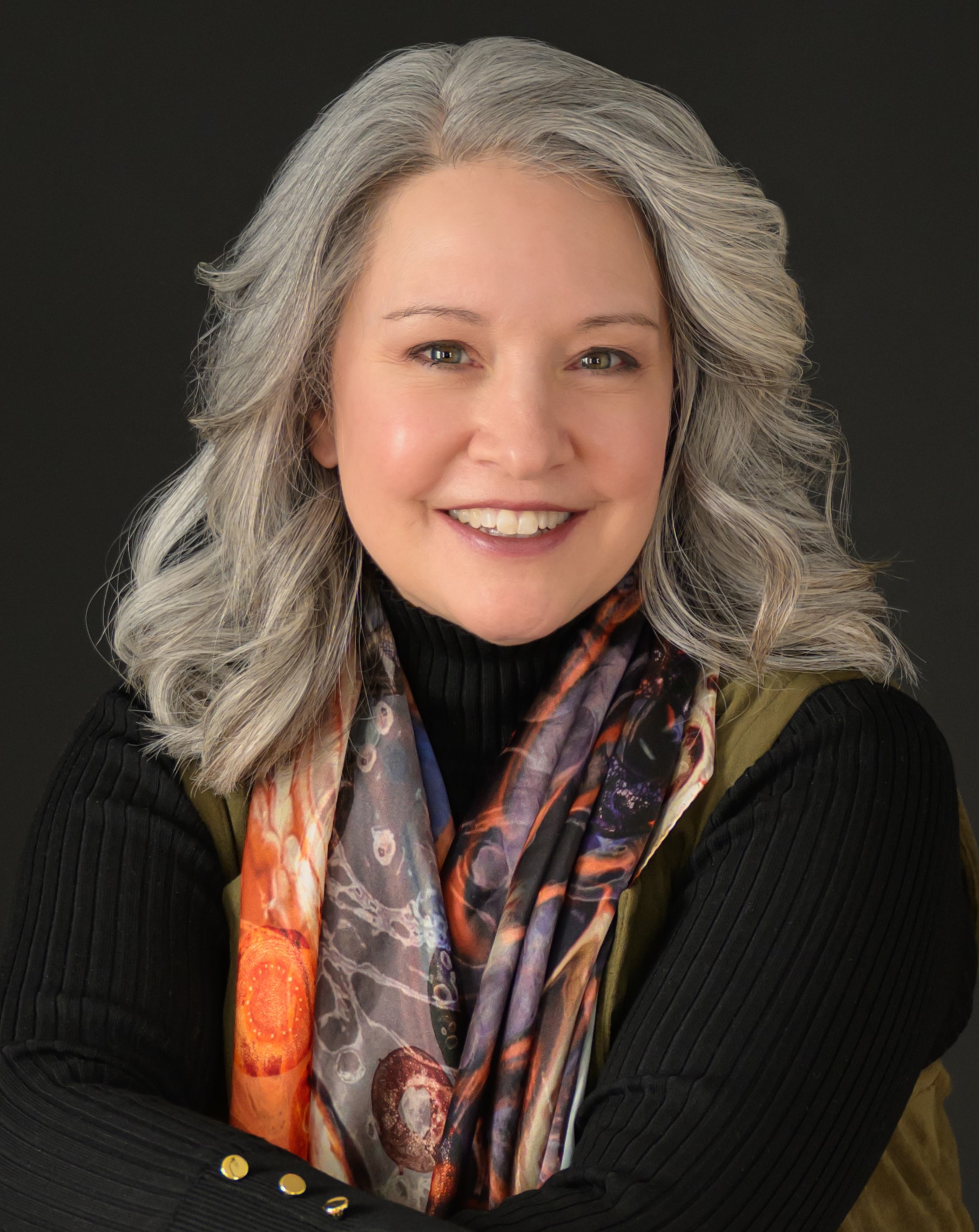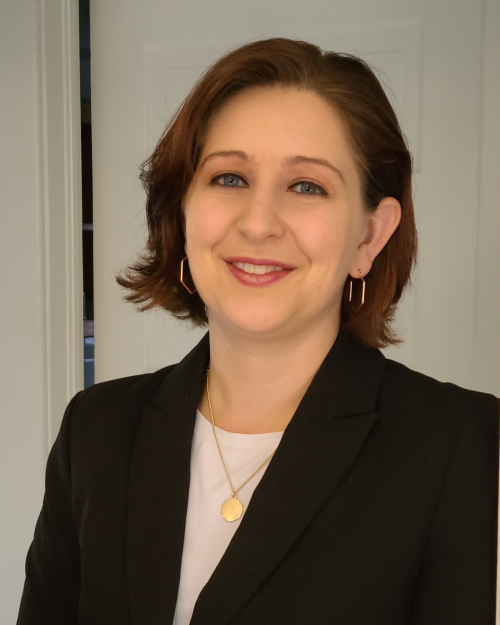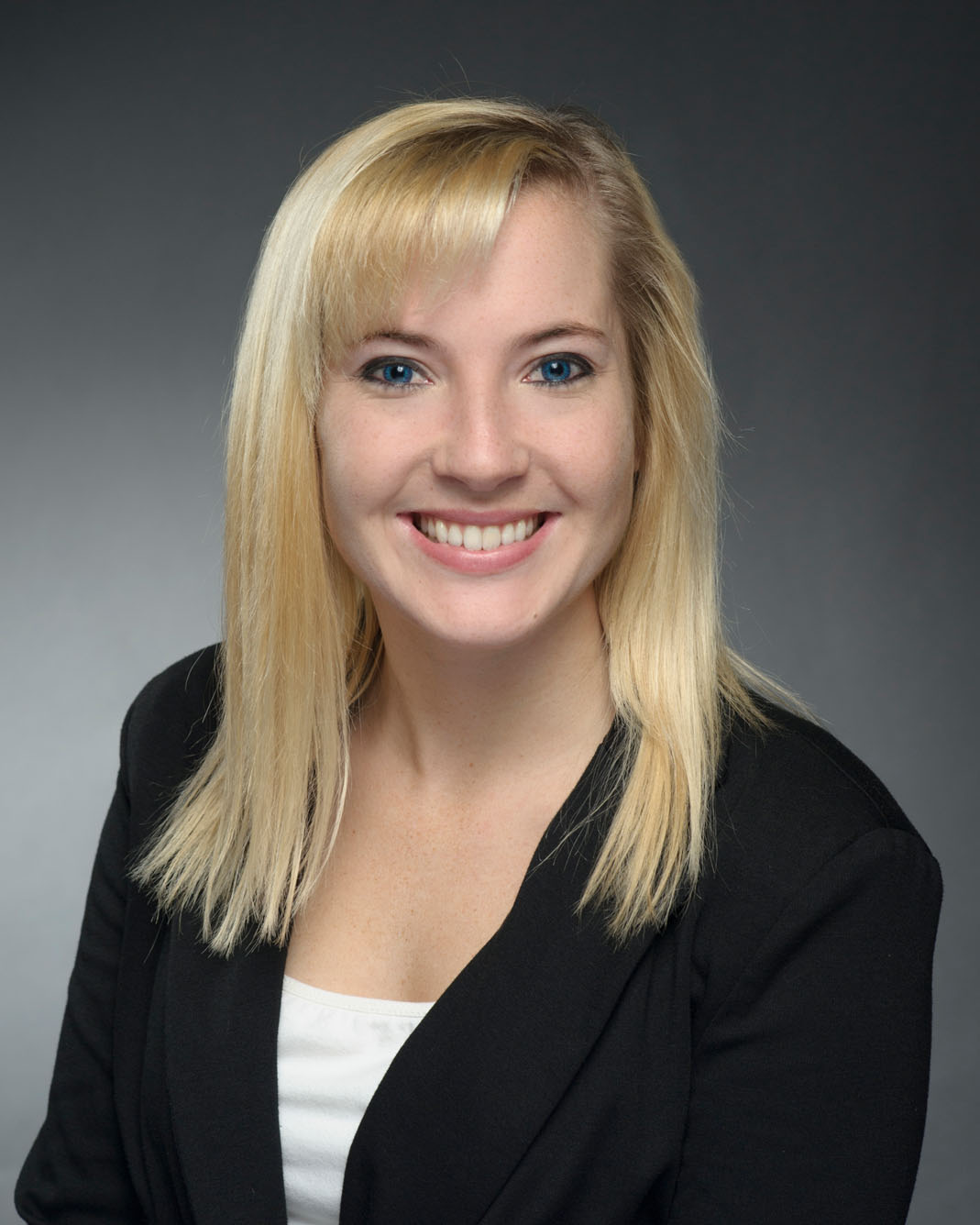Environment Systems Engineering Research Group
Studying the human systems relationships in higher education environments.
Purpose
The Environment Systems Engineering (ESE) Research Group investigates the relationships between human systems in STEM academic environments and their role in building academic self-efficacy and enhancing retention. Projects include collaborations with student organizations in the engineering college and Cooperative Extension through the Local Government Center.
Research & Technical Group Members
Research Co-Lead

Jennifer I. Clark, Ed.D.
Assistant Dean for Student Success and Retention in the NACOE, Dr. Jen Clark researches the roles human systems play within academic environments and ways to structure them to increase the potential for student success and retention, particularly in STEM majors. Her work bridges organizational theory, student development, and systems design to create inclusive, data-informed strategies that foster persistence, engagement, and a sense of belonging among diverse student populations.
Research Co-Lead

Sage Kittelman, Ph.D.
Assistant Professor of Industrial & Mangement Systems Engineering, Sage focuses her teaching and research on streamlining processed in a wide range of industries. She is particularly interested in applying systems thinking and data-driven methodologies to improve operational efficiency, sustainability, and workforce engagement across sectors such as manufacturing, healthcare, logistics, and education industries.
Extension Connection

Ashley Kent, MBA
Ashley Kent is the Associate Director of Montana State University’s Local Government Center. She manages operations and leads professional development initiatives for local government officials across the state. A certified Project Management Professional (PMP), Ashley holds a Master of Business Administration (MBA) and brings a strong background in public administration and community engagement. She offers training, technical assistance, and strategic support to municipal and county leaders, helping strengthen transparency, civic participation, and effective governance across Montana.
Publications/Conference Proceedings
- Clark ,J.I., Kittelman, S., Rehman, F., Schmitt, M.R. (2024). Using a taxonomy to categorize physiological affect statements to determine their impact on other sources of self efficacy. 2024 ASEE Pacific Northwest Region Conference
- Clark, J. I. (2021). Using student perception of college environment for developing academic self-efficacy in engineering and computing education (Publication No. 16565) [Doctoral dissertation, Montana State University]. Thesis and Dissertations and Montana State University. https://scholarworks.montana.edu/xmlui/handle/1/16595
- J. I. Clark, (2020). Research to Practice: Keeping STEM student recruitment fresh and relevant using peer mentoring, 2020 IEEE Frontiers in Education Conference (FIE), pp. 1-5, doi: 10.1109/FIE44824.2020.9274230.
- Aderholdt, D., Oliveri, C., Clark, J., & Seifert, T. (2020). Informal peer mentorship: Listening to the everyday student. Strategic Enrollment Management Quarterly, 7(3), 5–14.
- J. I. Clark, W. D. Aderholdt, T. A. Seifert and C. N. Oliveri, Flipping the lens: What we learn from students about success in college, 2019 IEEE Frontiers in Education Conference (FIE), 2019, pp. 1-4, doi: 10.1109/FIE43999.2019.9028581.
- Oliveri, C., Funke, K., Clark, J., & Seifert, T. A. (2018). Blueprints for student success: High school students’ questions about the transition to college. The Journal of College Orientation and Transition, 17(2), 43–59.
-
Clark, J.I., Codd, S.L., Des Jardins, A.C., Foreman, C.M., Gunnink, B.W., Plumb, C. & Stocker, K.R. (2015). Peer Mentoring Program: Providing Early Intervention and Support to Improve Retention and Success of Women in Engineering, Computer Science, and Physics. Proceedings of the American Society of Engineering Education Annual Conference and Exposition, Seattle, WA, June 14-17, 2015. DOI: 10.18260/p.24555.
